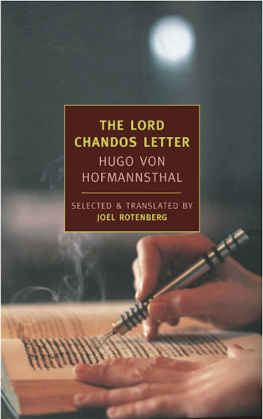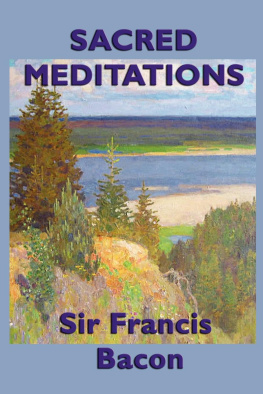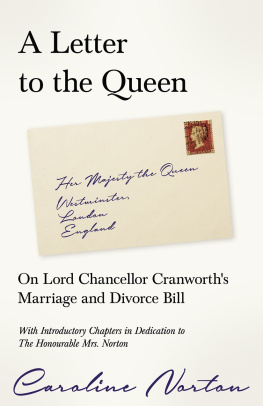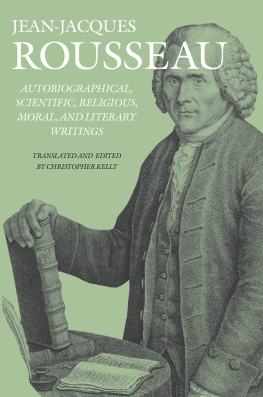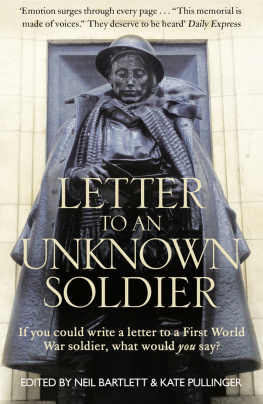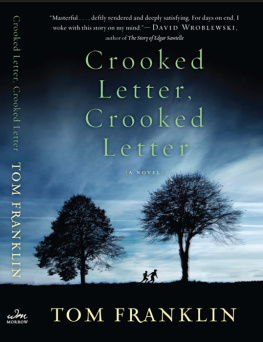
HUGO VON HOFMANNSTHAL (18741929), the poet, dramatist, essayist, and librettist, was raised in Vienna. The son of a banker, Hofmannsthal began to publish under the pseudonym Loris when he was only sixteen. Hofmannsthals youth, talent, and precociousness made a splash at Caf Griensteidl, the epicenter of literary Vienna; critic Hermann Bahr, in particular, was astounded that someone using the pseudonym of a well-groomed poodle and with the gure of a ne, slender pageboy could write such brilliant poetry and prose. In the following years Hofmannsthal wrote successful plays and verse inuenced by the Symbolist movement. He befriended such critics and writers as Richard Beer-Hofmann, Gerhart Hauptmann, and Stefan George, for whose literary magazine he wrote. A trip to Paris in 1900 introduced him to Maurice Maeterlinck, Auguste Rodin, and Anatole France. Around that time, however, Hofmannsthal turned away from Symbolist poetry; his aesthetic crisis is recorded, in part, in his famous work from 1902, A Letter (often referred to in English as The Lord Chandos Letter), in which a young nobleman confronts the futility of language. Hofmannsthal began to work almost entirely for the stage and, in 1906, met and began to collaborate with Richard Strauss. Over the next twenty years, he produced librettos for such Strauss operas as Der Rosenkavalier, Ariadne auf Naxos, and Die Frau ohne Schatten. During World War I, Hofmannsthal worked for a propaganda agency of the War Ministry; towards the end of his life, he championed Austrian culture in the hope that art could save Europe from political violence. He died in 1929, days after his oldest son committed suicide.
JOHN BANVILLE was born in Wexford, Ireland, in 1945. He is the author of thirteen novels, including The Book of Evidence, which was shortlisted for the 1989 Booker Prize, The Untouchable, Eclipse, and Shroud.
THE LORD CHANDOS LETTER
AND OTHER WRITINGS
HUGO VON HOFMANNSTHAL
Selected and translated from the German by
JOEL ROTENBERG
Introduction by
JOHN BANVILLE
NEW YORK REVIEW BOOKS

New York
CONTENTS
INTRODUCTION
Mehr als je
Fallen die Dinge dahin, die erlebbaren, denn,
Was sie verdrngend ersetzt, ist ein Tun ohne Bild.
(More than ever
things we can live with are falling away, for that
which is oustingly taking their place is an imageless act.)
Rainer Maria Rilke, Duino Elegies
IT IS ONE of the enduring legends of modern European literature. In the closing decade of the nineteenth century, the young Viennese intellectualsJung Wienare struck by the appearance of a new star in their midst, going under the name of Loris, whose lyric poems, in their breadth of expression and classical poise, conjure the spirits of Goethe and Hlderlin. Their interest turns to amazement when they discover that the poet is a seventeen-year-old high school student. Who is he, this Hugo von Hofmannsthal, this marvelous boy? Arthur Schnitzler speaks of the miracle of Hofmannsthal, and the otherwise cautious Stefan George falls helplessly in love, pursuing the youthoh, my twin brotherso relentlessly that Hofmannsthals father is forced to intervene.
If Hugo von Hofmannsthal had not existed, Thomas Mann would have had to invent him.
He was born in 1874 into the Viennese Brgertum. The
family was of Jewish-German-Italian origin; Hofmannsthals father, a successful banker, had been awarded the noble von, and had converted to Catholicism. It was a cultured household, and Hugo, whose early schooldays were spent in Italy, grew up in a relaxed and cosmopolitan atmosphere. Stefan George, from a background far less exalted, was impressed by the youths self-possessionGeorge was the elder of the two by six yearsand his familiarity with the very latest in poetic trends, especially French. This teenager had the literature of Europe at his ngertips.
Although it was inevitable that Hofmannsthal would be co-opted into the brotherhood of Viennese aesthetes, he soon showed himself an opponent of the art-for-arts-sake school of literature. For him, poetry was not, as it was for George and his circle, a secret language known only to a blessed few, but a way of mediating between the life of the spirit and life in the world. His poetic project was the melding of the self with the objects of reality. In this he followed the scientist-philosopher Ernst Mach, whose university lectures he attended; Mach preached a kind of scientic phenomenology whereby the world is conceived as a congeries of our sensations, the duty of both the scientist and the poet being to present and synthesize these sense data into a meaningful union, the scientist by means of mathematics, the poet through linguistic images.
Like Rilke, whom he resembles in profound ways, Hofmannsthal, for all his youth, was fascinated by the idea of death, not death as the end of life but as an apotheosis of the soul. A Platonist, in his younger days at least, he believed that in some ideal preexistence man had been at one with all things, and that poetry could reawaken in us intimations of that prelapsarian state of perfection, a state to which we would return in death. The function of the lyric, then, is to rouse the secret harmonies which sleep in us without our knowing, and thus bring us to a realization of universal unity.
The problem is that language, as Hofmannsthal was forced to realize, is inadequate to such an exalted task. Words are not only bound to things but are at the same time separate from them. Horse may be the horseness of allhorse, as Joyce declared, but the horse remains itself even if we call it a zebra. Hofmannsthals revered Mallarm considered the magical power of words to lie precisely in their autonomy, in their freedom to oat free of mere objects. Rilke, wondering in the Duino Elegies if we are here just for saying, just for naming the names of house, bridge, fountain, jug, nevertheless exults in the task: ... but for saying, remember,/oh, for such saying as never the things themselves/hoped so intensely to be. For Hofmannsthal, however, the disjunction between the thing and the thing named, between signied and signier, opened a vertiginous prospect.
In his questioning of the limits of language Hofmannsthal was joining a general philosophical critique of wordsSprachkritikthen being formulated in Vienna by such gures as Karl Kraus and Fritz Mauthner; the latters Dictionary of Philosophy was published in 1901, a year before Hofmannsthals Ein Brief (A Letter, long known in English as The Lord Chandos Letter). It was not just the power of language that was being challenged by these thinkers, but the entire basis of epistemology. In the Dictionary, Mauthner deconstructed 101 philosophical terms to demonstrate the stealthy manner in which these words present psychological data as if they were entirely objective, as if the properties of things that we perceive constitute the things themselves. In reality, since our senses are entirely contingent, the evidence gathered by them must be contingent. Therefore there is no universal, timeless truth.
Such speculations were not sophistical games played by the Viennese intelligentsia; for such as Mauthner and Hofmannsthal they revealed a profound misconception in Western thinking. Suddenly, the world-that-we-speak was no longer the world-as-it-is, and language, far from being a tool to unlock reality, was a gauze of illusion held up between us and the world of existing things. Hofmannsthal had already shown his heart-sore intellectual unease in the stories he wrote before

